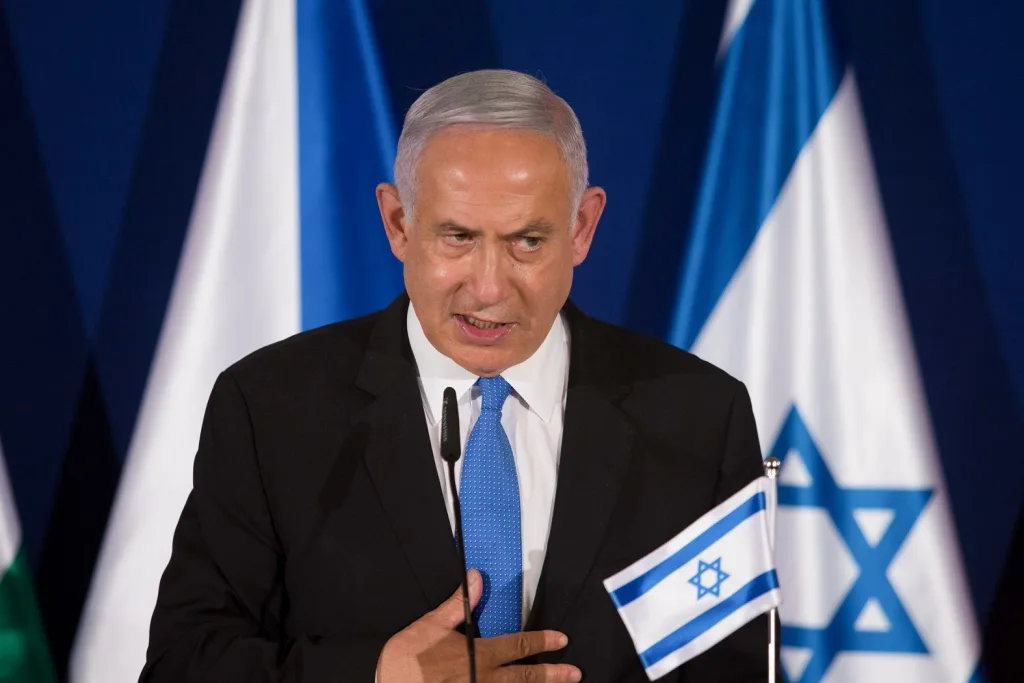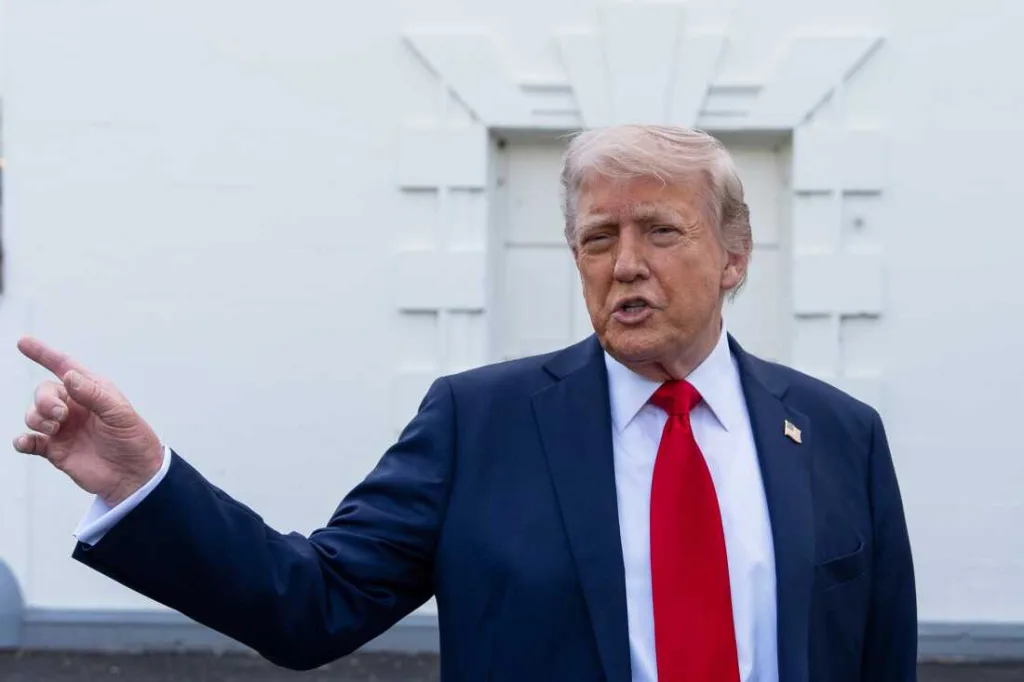Iran’s Defense Minister Aziz Nasirzadeh has issued a stark warning, declaring that Tehran will strike back if it faces aggression from the United States or Israel. His remarks, broadcast on Iranian state TV, emphasized that Iran would target US and Israeli interests, bases, and forces—wherever and whenever deemed necessary.
Escalation Following Houthi Missile Attack
Nasirzadeh’s statement comes in response to Israeli Prime Minister Benjamin Netanyahu’s pledge of retaliation after a missile attack by Yemen’s Houthi rebels, a group backed by Tehran. The missile landed near Ben Gurion Airport, Israel’s main international entry point, raising concerns over regional security.
The Houthi rebels, who have been conducting missile and drone offensives against Israel, claimed responsibility for the attack, stating that it was carried out in solidarity with the Palestinian cause amid the ongoing conflict.

Netanyahu’s Response and Israel’s Next Move
Netanyahu responded via social media platform X, formerly known as Twitter, condemning Iran’s involvement in the attack. He stated:
“Attacks by the Houthis emanate from Iran. Israel will respond to the Houthi attack against our main airport AND, at a time and place of our choosing, to their Iranian terror masters.”
This statement signals Israel’s intent to retaliate, further escalating tensions in the region.
Iran Denies Direct Influence Over Houthis
Despite widespread claims of Iran’s backing, Nasirzadeh denied direct involvement in Houthi operations, maintaining that the group acts independently. However, the Houthis have consistently launched missile and drone attacks against Israel, citing solidarity with Hamas militants.
Iran has also unveiled a new solid-fuel ballistic missile, named Qassem Bassir, with a range of 1,200 kilometers (750 miles). The missile is designed to evade modern missile defense systems, adding to concerns about Iran’s growing military capabilities.

US Military Involvement and Trump’s Warning
The United States has become increasingly entangled in the conflict, launching airstrikes on Houthi positions in Yemen since March 15. Former President Donald Trump previously warned that Iran would be held accountable for any actions carried out by the group.
Nasirzadeh reiterated that while Iran harbors no hostility toward neighboring countries, American military installations in the region would be considered potential targets should Iran face aggression.
Regional and Global Implications
The latest developments mark a significant escalation in Middle Eastern tensions, with fears that the conflict could expand beyond Israel and Yemen. The US, Israel, and Iran are now at a critical juncture, with military responses likely to shape the geopolitical landscape in the coming weeks.
As the situation unfolds, global leaders and diplomatic channels will be closely monitoring Iran’s next move, as well as Israel’s potential retaliation.
